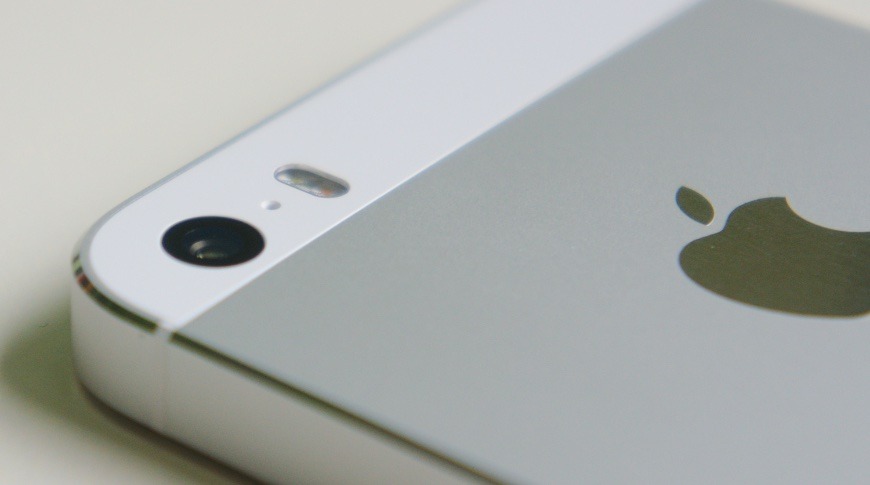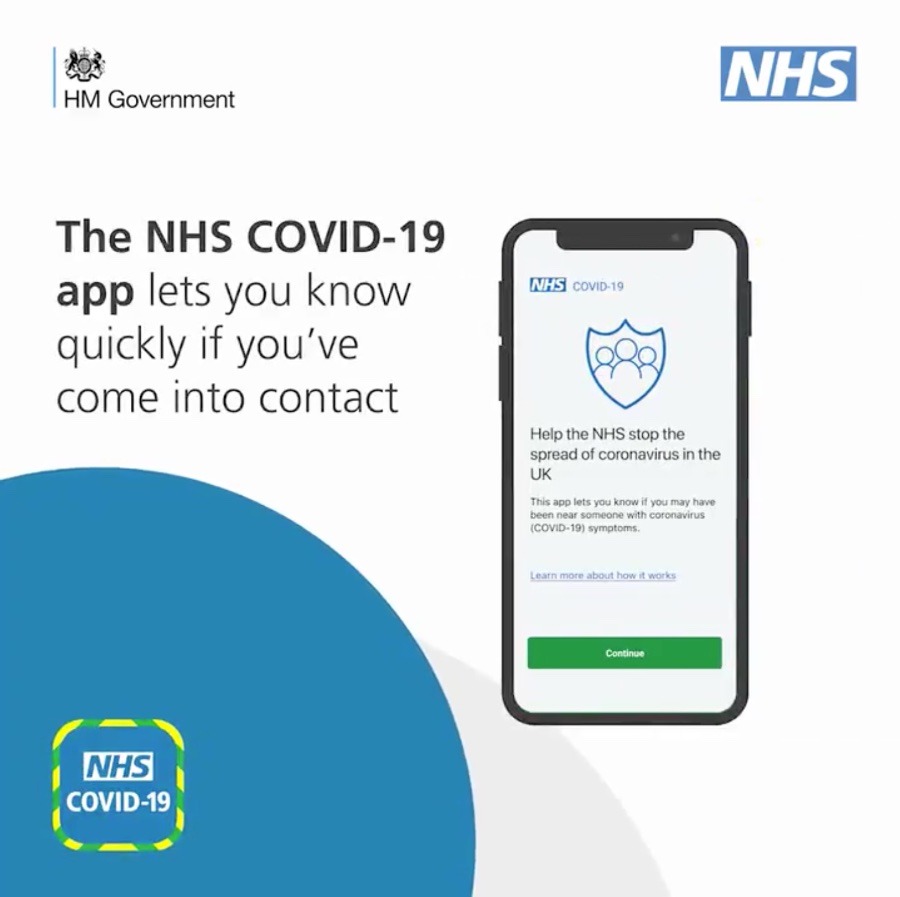Trials of the UK's NHS coronavirus contact-tracing app reveal that users must have iOS 11 or later, and battery life is profoundly impacted by the feature.
Following the UK National Health Service's controversial choice to reject Apple and Google's coronavirus contact tracing technology in favor of its own, less private, system, test trials have revealed problems. Users testing the app on the UK's Isle of Wight report their batteries are being drained, and that it will not work at all on certain phones.
Geraint Lewis, development leader at the health service's technology group NHSX, has appeared on the local BBC Radio Solent station to explain the app and answer criticisms. The interview is no longer available on the station's catchup service, but according to the UK's Daily Mail, Lewis responded to many listeners' phone calls about the app not working.
"[One reason] why the app might not work on a particular smart phone," he said, "[is that] the development team has not got around to supporting that particular phone."
He also said that Apple iPhones require iOS 11 or later, and Android ones need version 8 or later. "So if you can update the operating system that should hopefully help," he added.
The oldest iPhone that can run iOS 11, and therefore the app, is the iPhone 5s in 2013. All Huawei phones are locked out because of Google forcing the company to stop using its Google Play Store.
However, Lewis suggested that the inability to run the app isn't a problem. "The system is there to protect the whole community," he said, "so if sufficient numbers of people download and use the app everyone will be protected regardless of whether they themselves have a phone that is compatible."
According to Lewis, the NHSX system relies on Bluetooth Low Energy, and older phones which do not have it, cannot use the app. He also said that because it uses BLE, it is not draining people's batteries.
Following a listener's complaint that it does, he asked people to send feedback to the NHSX as part of the trial. The trial continues and while no end date has been announced, the UK government says it expects to roll out the app nationwide in the coming weeks.
Recently, the NHS has reportedly been considering switching to the more private and efficient system from Apple and Google, though no official confirmation has yet been made.
 William Gallagher
William Gallagher








-m.jpg)






 Malcolm Owen
Malcolm Owen

 Andrew Orr
Andrew Orr



 Wesley Hilliard
Wesley Hilliard





-m.jpg)




11 Comments
Mr Lewis sounds like one of those dolt Project leaders that will push through in a bad idea to maintain his empire even though better concepts With fewer problems and better overall performance and compatibility are further advanced and are close at hand.
Drains batteries? Of course not.
Big thing seems to be folks should update their s/w. Apparently he hasn’t seen the high uptake rates of iOS 13, not to mention that 11, 12 and 13 combined cover near 100% of BLE iPhones already (5S and up). Since his s/w requires iOS 11 or later, he's essentially covered regardless of Update status. This also puts paid to his “haven’t got around to covering all phones yet”, but TBH this probably applies more to android than iOS.
There can’t be many iPhone 5 or earlier phones out there in use now.
Choosing iOS 11 as the minimum target was probably a sensible choice to catch maximum devices. They might be able to lower it further but that might mean having to use deprecated code - a line has to be drawn somewhere and I think iOS 11 is a good line in the sand right now.
i think the much bigger problem will be requiring Android 8 or later...
Of course they should be using the Apple/Google solution if they want tech savvy people to install it.
This app is, as we say in the UK; doomed.
To be fair though, I don't think Apple has publicly stated the oldest phone they'll support with this app, so the iPhone 5s may be the oldest anyway even with the Apple/Google method.